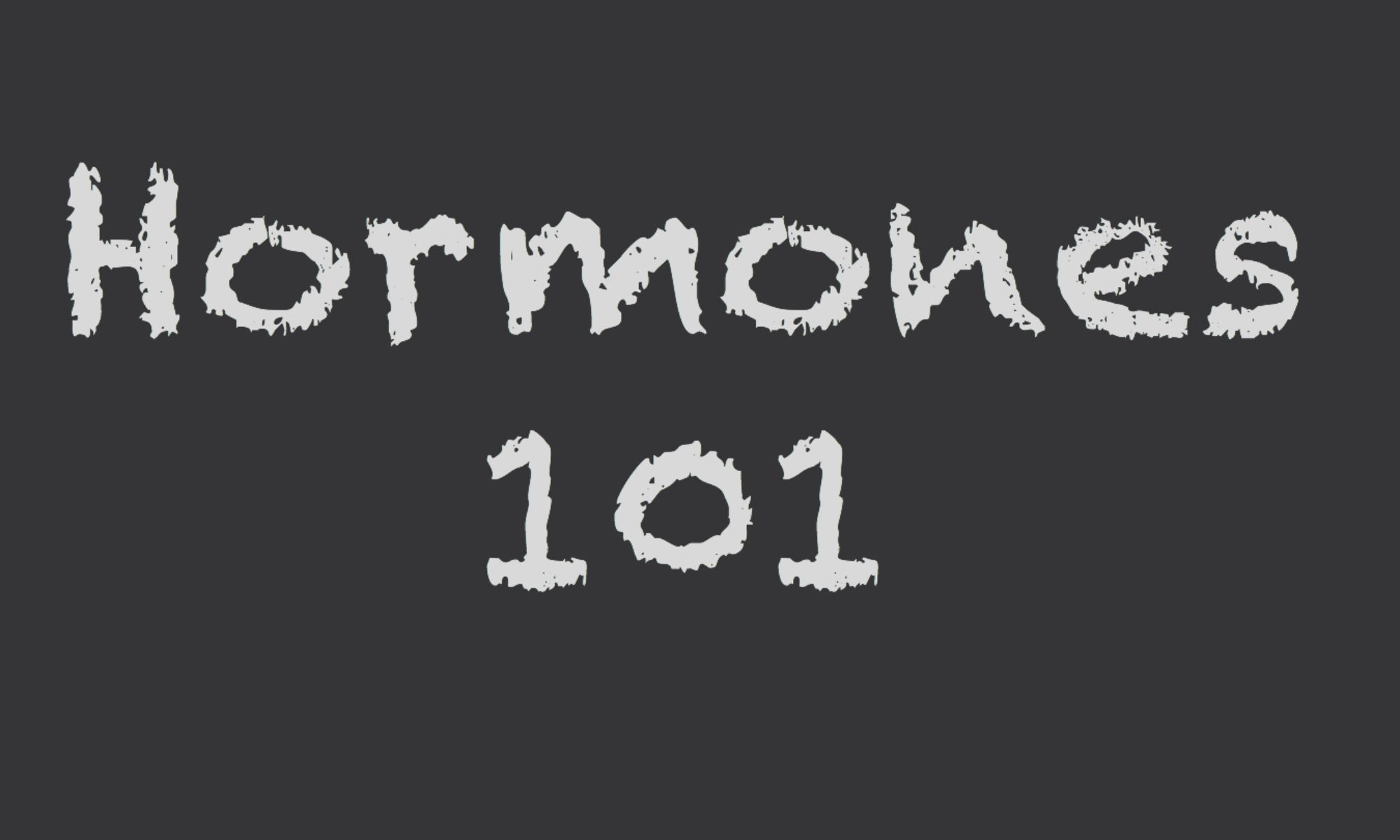Hormone woes may be turning your life topsy turvy! I want to arm you with some basic information to make this a fair fight. Our goal is that you can learn to tame and balance your hormones to bring back your health and vitality.
Let’s Start with Some Basics
Hormones are chemicals our bodies make to signal and regulate our body processes like growth, metabolism or fertility. In women, starting around puberty, we orchestrate an interplay of several hormones that tell our body when to ovulate so we can conceive, and then how to sustain a pregnancy, or if no conception occurred, the signal is given to shed the contents of the juicy nest that was prepared for the baby to thrive in. We know this cycle as our menstrual periods.
The Menstrual Cycle
 The primary players during the menstrual cycle are estrogens, progesterone, luteinizing hormone (LH), and follicle stimulating hormone (FSH). They rise and fall with the brain playing conductor and the ovaries are like the musicians. You can see this process and the hormones involved in this chart. LH and FSH are made in the pituitary gland in the brain and cause the estrogen made in the ovaries to build the nest in the uterus, then signal a spike to release a mature egg. The progesterone comes along to stabilize the lining of the nest and get ready for a pregnancy. If conception occurs, new players enter the symphony from the placenta, but if not, then the levels all fall and bleeding cleans out the nest, so the process can start all over.
The primary players during the menstrual cycle are estrogens, progesterone, luteinizing hormone (LH), and follicle stimulating hormone (FSH). They rise and fall with the brain playing conductor and the ovaries are like the musicians. You can see this process and the hormones involved in this chart. LH and FSH are made in the pituitary gland in the brain and cause the estrogen made in the ovaries to build the nest in the uterus, then signal a spike to release a mature egg. The progesterone comes along to stabilize the lining of the nest and get ready for a pregnancy. If conception occurs, new players enter the symphony from the placenta, but if not, then the levels all fall and bleeding cleans out the nest, so the process can start all over.
Our cycles are also affected by other hormone made in the adrenals and thyroid as well. Testosterone is produced in the adrenals, the ovaries and other tissues and affects our sense of well being and sexuality, but does not play a significant role in the cycling. However, there is a little bump around ovulation to encourage procreation.
The Decline
Around 35, this process starts to decline and so does our fertility, but limps along until our 40’s or 50’s when there are noticeable changes in our menses. They could be lighter, more irregular, or heavier and closer together. This is often accompanied by other symptoms, such as hot flashes, poor sleep, mood swings and “brain fog”. This leads up to menopause, which is defined by our cycles completely ceasing.
In some women, the hormones take a slow graceful descent that is tolerable. Others feel like they dropped off a cliff, and this is actually the case in women whose ovaries are surgically removed. Even the removal of one ovary is life changing for some women. Depending on genetics and lifestyle, the decline of the hormones may be very noticeable and symptomatic, and for some, incapacitating. This perimenopausal season of change can happen over several years from the time the menses start to change until the menses have been gone for a whole year. For some women, there are a lot of ups and downs and the hormone levels are chaotic. Our lifestyle can help us or hinder us in easing through the perimenopausal years.
If you are one of those women, whose symptoms are interfering with your quality of life, I can relate! Hormone replacement was a matter of survival for me. The big questions are how much, what forms, and how long? Stay tuned as we cover more of that soon.
In the meantime, there are some things you can do now to help.
- Reduce stress. The adrenals put out stress hormones that can wreak havoc when they are pumped out constantly. Learn to meditate or do some deep relaxation breathing.
- Exercise regularly. Physical exercise is a stress reducer and keeps a good blood flow to our brains, ovaries, and other organs.
- Eat healthily. Excess sugar, caffeine, or comfort foods may pick you up in the moment, but in the long run, they will only make your moods more difficult to handle.
- Take a deep breath. When you are feeling out of control, stop and think before reacting. As I entered menopause, I remember thinking my husband couldn’t do anything right anymore. But when I stopped to think it through, I remembered HE hadn’t changed!
- Educate yourself. There are lots of options to help get you through this challenge. Some get by with some herbal support and good lifestyle habits, others will need more help to restore balance.
Women all over the world deal with menopause and so can you!
What are your questions about your hormones? What have you done to help your hormones? Share your thoughts in the comments below.




